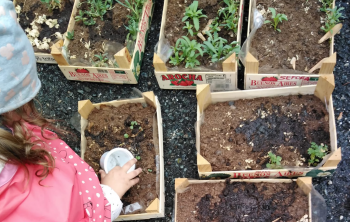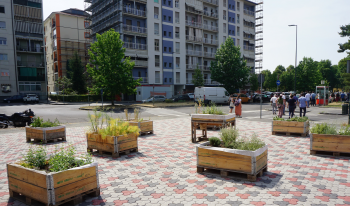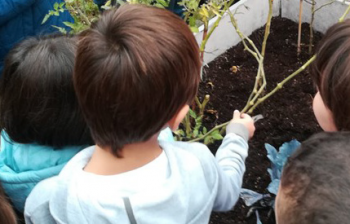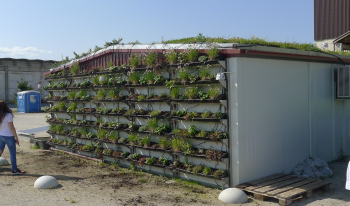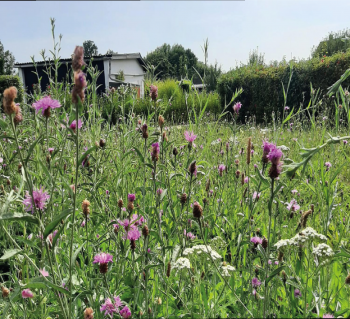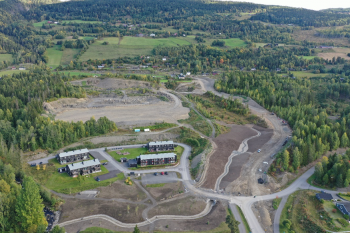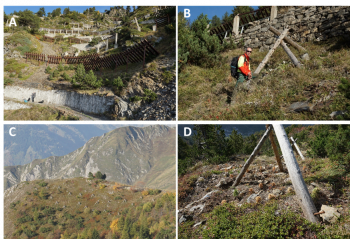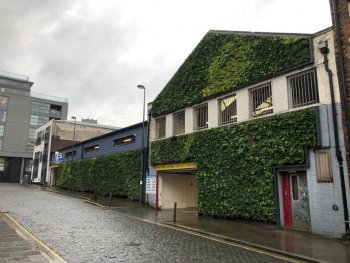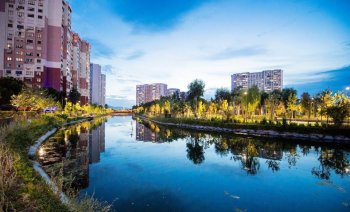"OrtoMobile" - micro gardens in boxes
The objectives and goals of the educational activities can be summarized as follows:
- promote the active role of the local educational system during the proGIreg project by consolidating active co-planning processes of school communities to provide continuity of the learning experience
- schools serving as a point of reference on environmental, cultural and socio-economic issues related to the concept of Green Cities.
- support the development of co-design processes
- define management models of NbS foreseen in the project by evaluating the possible ...

